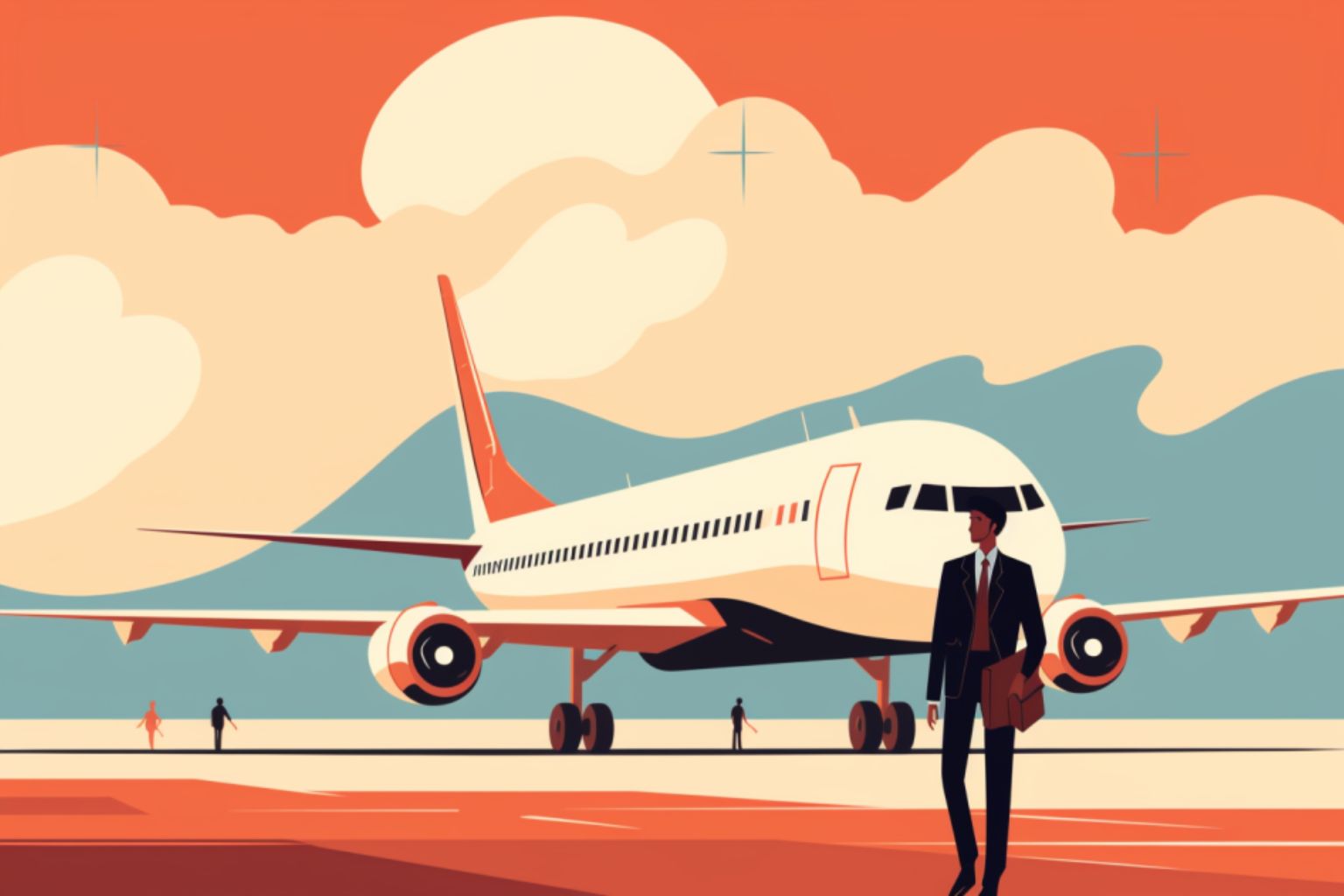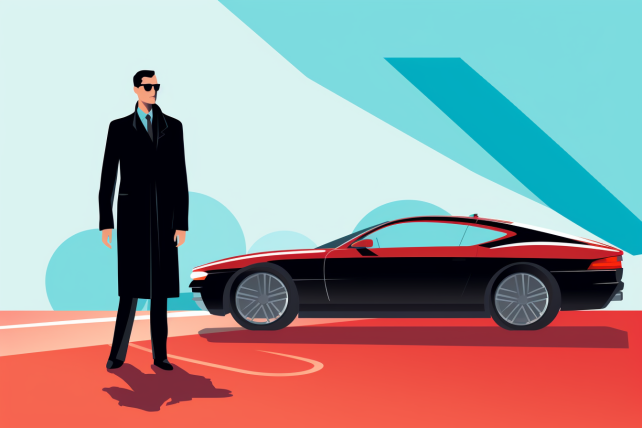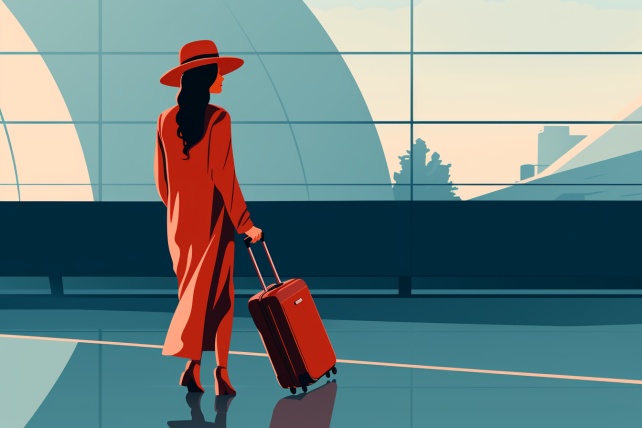If you don’t like some of the recent changes to your airline loyalty program, talk to Mike Croswell. He’s a United Airlines “Million Miler” who assumed that his three decades of devotion to the airline would be reciprocated after he stopped being a frequent flier.
He assumed wrong.
“The money I spent chasing Million Mile status is without a doubt the poorest investment of my career,” says Croswell, who lives in Aspen, Colo., and joined United’s frequent-flier program, MileagePlus, in 1983. “I have zero benefits that were promised to me.”
Loyalty rewarded or loyalty betrayed
Million Milers are, as the name suggests, air travelers who have given their long-term loyalty to one airline. After flying a million miles, they usually receive lifetime ‘elite’ status, granting perks like upgrades and preferred treatment. But as airlines begin to aggressively restructure their frequent-flier programs, some veteran air travelers who have retired but were depending on the benefits they worked for while they were still frequent fliers have found that their airlines are no longer treating them like the valued customers they thought they were.
Croswell says that his benefits have evaporated since United’s merger with Continental. Gone are many of the upgrades and other perks. His boarding pass doesn’t even note his ‘Million Miler’ status anymore. “Imagine putting money in a savings account, and the day you go to redeem the promised return, they say, ‘Sorry, we changed the rules. Your money is worth nothing now,’ ” he says. “I feel betrayed.”
United Airlines did not respond directly to Croswell’s criticisms and would not provide a representative of its MileagePlus program for an interview. But Charles Hobart, a spokesman for the airline, said that United’s loyalty program is “very generous to customers who have been loyal to us in the past.”
He added, “Our program is very generous to customers who currently and consistently reward us with their business, and we think it makes sense to reward our most frequent fliers.”
Loyalty programs under legal scrutiny
In essence, if you keep demonstrating loyalty by flying with United, the airline will keep rewarding you with benefits. Stop flying, and the rewards may not be as magnanimous. (Here’s our ultimate guide to loyalty programs.)
One reason United isn’t talking is that it’s the subject of a lawsuit brought by another Million Miler. George Lagen, a Chicago-based frequent flier, sued United in May after the airline reduced his elite status. United has tried to get the case thrown out, claiming that it has the right to modify its frequent-flier program, but in late January, a federal judge refused to dismiss the case.
Lagen’s case is one of several lawsuits against United resulting from changes that occurred after it merged with Continental Airlines and began trimming the benefits of its combined frequent-flier program. The Million Miler dispute is closely monitored, not only by frequent travelers but also within the airline industry. Although incremental devaluations of frequent-flier programs aren’t unusual, this marks the first time that a major airline has made such dramatic downgrades for its most established customers. If United prevails in court, it will almost certainly embolden other airlines to take similar steps.
Actually, it may have already done that, at least in the minds of frequent travelers. A new survey by Deloitte suggests that airline loyalty programs are eroding and on the “decline.” Only 55 percent of air travelers consider loyalty programs of “high importance” when choosing an airline, the study found. Since this is the first study of its kind, there are no previous numbers to compare it with. But a conversation with others with “lifetime” elite status fills in some of the missing detail.
Are airline loyalty programs on the decline?
For airlines and their customers, it’s a damned-if-you-do, damned-if-you-don’t scenario. Take one of the programs with relatively generous rewards, even for its longtime customers. These have become so watered down that they are “useless,” to hear passengers such as Paul Lewis, a Denver-based consultant who lives in Santiago, Chile, talk about it.
Lewis is a lifetime “gold”-level elite. He argues that his gold status is almost meaningless because American has expanded its elite ranks, making it too attainable. As a result, snagging an upgrade is nearly impossible, because there are too many other golds competing for a business-class seat.
Even so, platinum status is barely enough to keep him loyal. If he slipped back to gold for some reason, he says he’d be out the door, “lifetime status or not.”
For some, even lifetime platinum status doesn’t cut it. Don Domina, a retired sales vice president for a construction equipment manufacturer in St. Louis, was awarded lifetime platinum status on American Airlines, but he has still stopped giving his business to the airline, in part because he’s retired and in part because the benefits aren’t what he’d been led to believe they were when he became a frequent flier on American. “I did get a call from American wondering where I had gone,” he said, adding, “There is no love.”
United airlines million milers say perks vanishing
The solution? Cut benefits so that the most deserving frequent fliers get the special treatment they deserve. United tried to do that when it merged its loyalty program with Continental’s, and Delta has announced similar changes starting next year, when it plans to tie its elite levels with the amount of money passengers spend. But that provokes a different kind of backlash.
Jonathan Yarmis, a technology analyst based in New York, is a United Million Miler and a lifetime gold-level flier. Though he gets upgraded from because of his status, he says that scoring one of the better seats is “rare.” I asked him whether he still felt appreciated after the recent changes. Not really, he said. Unless you’re at the top of the elite-level ladder, “you’re just not worth that much.”
It doesn’t seem to matter if an airline keeps its elite levels easy to maintain for Million Milers or, for that matter, the mileage opportunists who manage to collect rewards without darkening the door of an aircraft; or if the airline starts to cut its programs in order to make its top-tier customers happy. Too many loyal travelers say that they feel burned.
Croswell, who as a United Airlines 1K member in 1996 was once asked to give up the first-class seat from London to Washington that he’d been upgraded to for a Million Miler, and gladly did it because he says he knew that one day “my time would come” to be recognized, is done playing the loyalty game.
“I’m still flying,” he says. “But not on United.”




